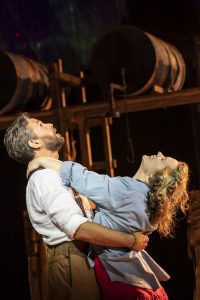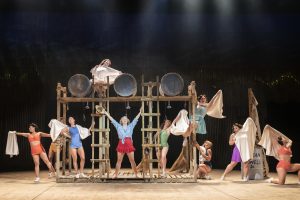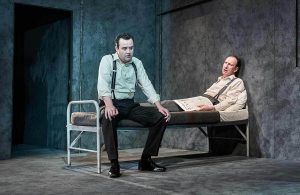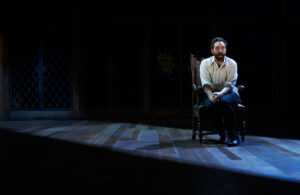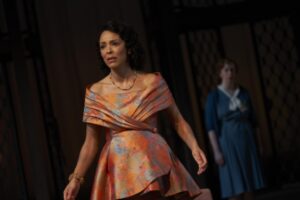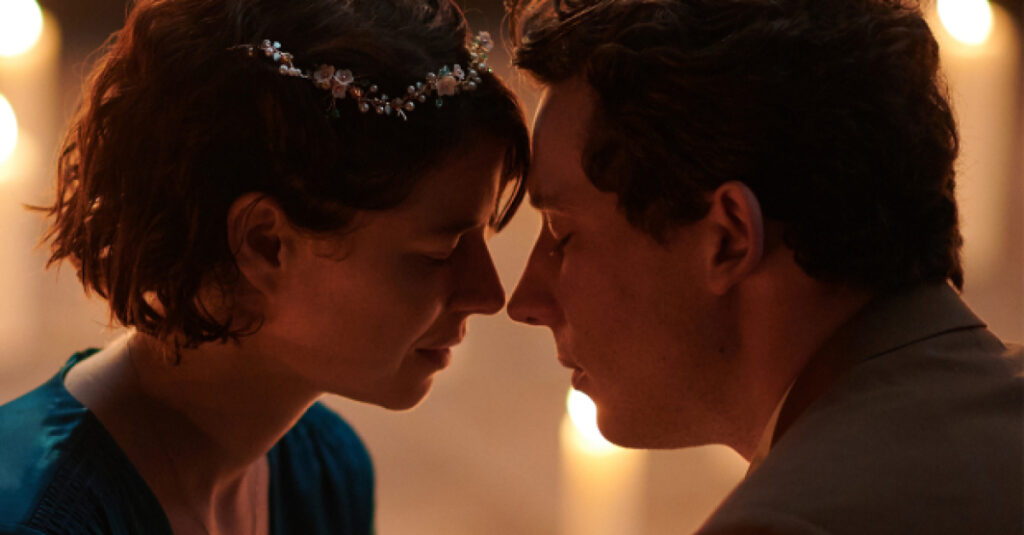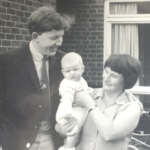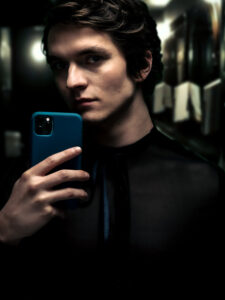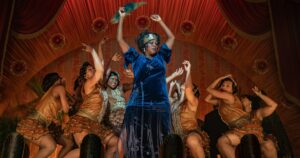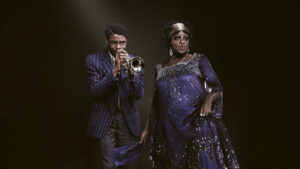Polly Creed’s clever play about an animal rights protest lifts you up then knocks you down
★★★★
 Polly Creed‘s audio play Humane lifts you up with a story about a local community’s animal rights protest before knocking you down with revelations about racism with the group.
Polly Creed‘s audio play Humane lifts you up with a story about a local community’s animal rights protest before knocking you down with revelations about racism with the group.
Humane, written by Polly Creedand directed by Imy Wyatt Corner, is ostensibly a story based on the true events surrounding a ten month protest that took place back in the 1990s against the export of live animals through the small port of Brightlingsea. Mainly through the experiences of two made-up characters, we learn how a community can be brought together by a specific issue.
However, as the six-episode series progresses, we also come to realise that this is more than an inspiring story of a successful campaign in the face of powerful establishment figures and police brutality. We see that friendships formed through a common cause may prove brittle, and that a community may be united against animal cruelty but not against racism. It has been said that politics makes strange bedfellows and, following the death of one of the protestors, revelations lead to two of them falling out of bed.
A number of theatre companies have turned to the audio play as a means of continuing to create drama while theatres remained closed. What they don’t always realise is that an audio play isn’t simply a stage play with your eyes shut. It takes special skills to carry it off. Humane is a True Name production and, to the best of my knowledge, the co-founders of the company Polly Creed and Imy Wyatt Corner, have not previously ventured into audio plays, yet they do on the whole succeed.
Most fundamentally, an audio play relies on you the listener to fill in all the missing sensory information. Taking flight from what you’re told, you imagine what the characters and situations look like and sound like and smell like and feel like. Without the visual element of theatre or screen, any shortcoming in the dialogue or voices sabotages the imagination’s work. Which is why Humane is both excellent and flawed.
There are many excellent moments of drama and character development. Middle-class teacher Alice played by Marcia Lecky starts the campaign and, when she experiences problems with her teenage son, we see her gradual awakening to wider issues within the local community. She befriends Linda (Francesca Isherwood), another mother but this time of a constantly crying baby, trapped in a house with her mother-in-law while her soldier husband is in Bosnia. Linda finds the support of Alice a lifesaver and we see her grow in confidence as a result, in a triumph of both writing and acting.
There is one particularly clever use of audio when we discover something about a character’s appearance of which we were previously unaware and whereby the degree of our surprise says something about our own unconscious prejudices.
There are some flat notes. The facts about the campaign are presented in unbelievably detailed news reports. Particularly difficult to swallow are the occasions when the characters themselves churn out statistics as if they’re competing in a memory test.
A challenge in producing an audio play is ensuring that voices can be understood without the visual clues you get with a screen or stage performance. This means the actors are required to articulate even more than usual. In Humane, this is not a problem when we listen to Alice because she is an educated middle-class woman, whom you would expect to pronounce each word clearly. Linda on the other hand is a working-class woman with an Estuary accent to match. Francesca Isherwood is successful in speaking her lines clearly but at the expense of sounding natural. The result is ever so slightly stilted.
Despite these reservations, I found this episodic story a good listen that is not only a tribute to a campaign largely generated by local older people and mothers with children but also an interesting exploration of racism.
Humane is produced by True Name and is available as a podcast
